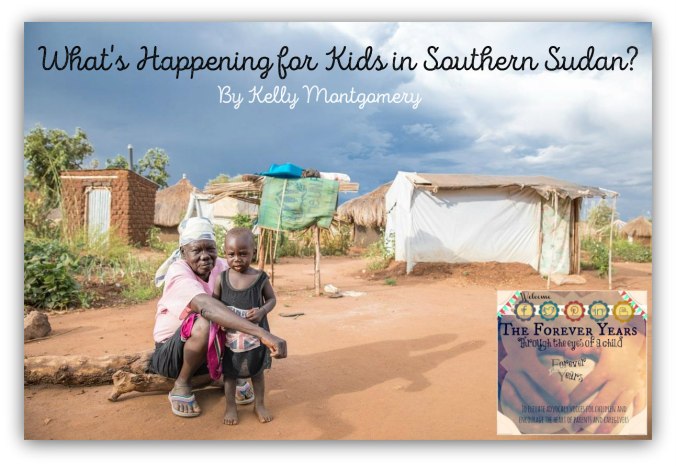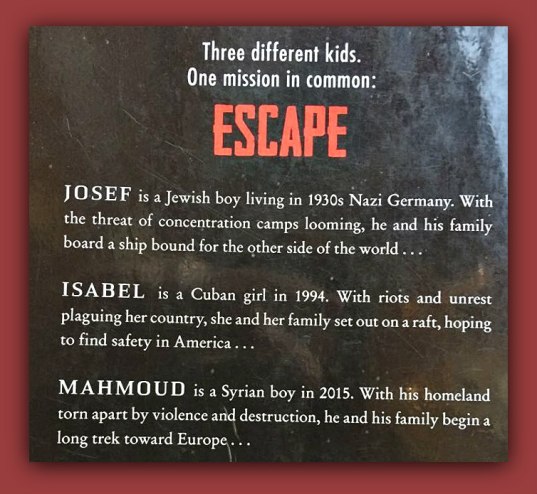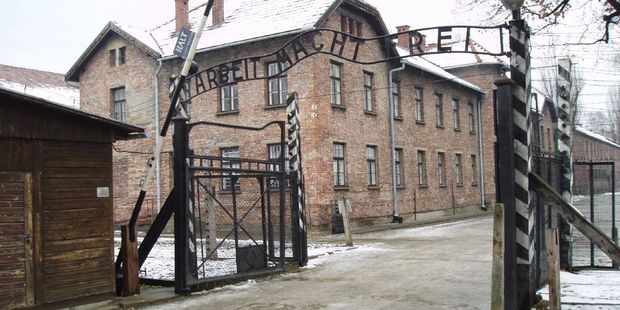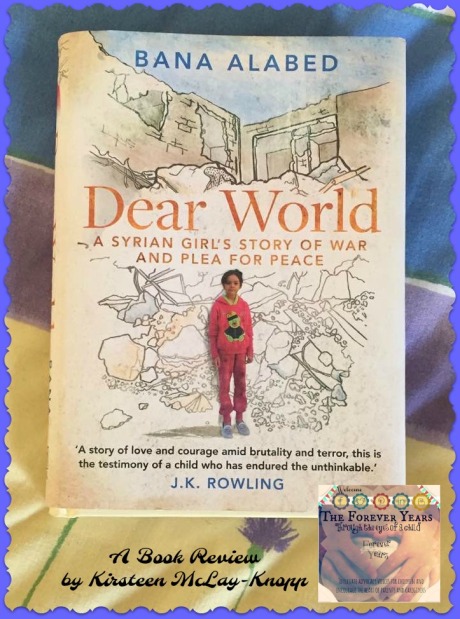
Bana Alabed, a brave young girl from Syria, was born in 2009 in Aleppo. Her early years were peaceful and happy, surrounded by a loving family. The onset of war in her country changed her life and the lives of her family forever.
“Dear World” is Bana Alabed’s account of what living through a war feels like, through the eyes of a child. Alabed writes in a simple, straightforward and very honest way and her book is very readable, both for adults and children. It is also interspersed with writing by her mother, giving us an insight into the pain of a parent trying to protect her children from harm in the most terrible circumstances: circumstances which ultimately lead to the family deciding to leave Syria and become refugees.
Alabed says, “I dedicate my book to every child suffering in a war. You are not alone.” Her book is prefaced with a quotation from Anne Frank…. another very famous girl who wrote about her experiences living through a war.
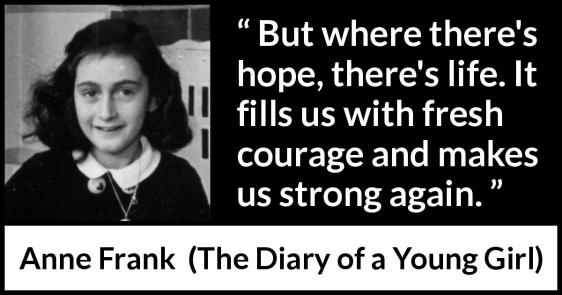
What struck me, as an adult, reading “Dear World” was the universality or Bana Alabed’s experience of modern war: the similarities of her story to that of children and young people (like Anne Frank) who have suffered as a result of war, in our world’s recent history. The words, “When will they ever learn?” from Bob Dylan’s famous song come to mind. Regardless of the time period and technology, the trauma experienced by children living through a war is the same. Alabed is a child of our modern technological age, born in 2009 (the same year as my third son). She plays with Barbie dolls, wears “Princess Barbie boots” and watches Sponge Bob Square Pants and Tom and Jerry with her two younger brothers… in between running to the basement during shelling. There is a sense of a “normal” childhood, interspersed with the horrors of war. Alabed has an I-pad and she uses it to communicate with the outside world. Her “tweets for peace” in English become famous around the world and draw attention to her country’s plight.
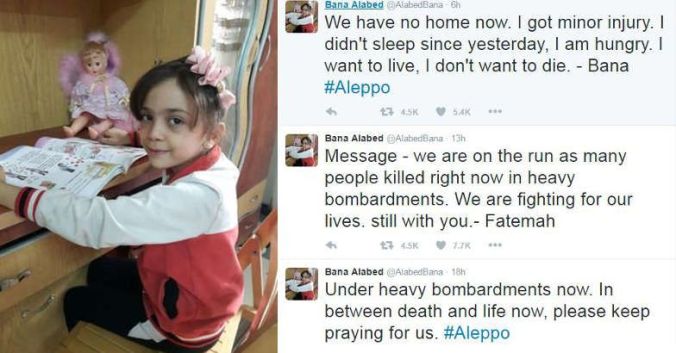
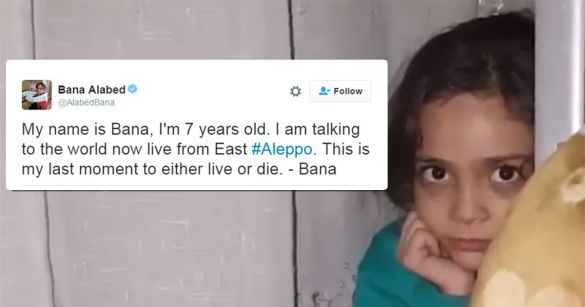
These same tweets also made Bana Alabed, then aged only seven, an enemy of the Assad government, who actively attempted to silence her. As well as living in fear of the war, the Alabed family were terrified for their young daughter’s life and dressed her as a boy whenever they went out, to avoid drawing attention. Alabed is an intelligent, sensitive and perceptive child who lives through her father being taken away by the secret police and the death of her best friend Yasmin, whose body is lifted from the rubble after a bombing.
“After Yasmin was gone, I was even more scared to die….the way I missed Yasmin…gave me a feeling like I was sinking inside. I couldn’t talk to her. We wouldn’t get to dress up in our favourite princess dresses ever again. I bet Yasmin’s favourite dresses were all under the rubble still.” [pp.114-115].
Alabed tells us that all the things she loved about her childhood vanished because of the war: going to the local swimming pool, going to school or the playground or shops. Hospitals, schools and public places became targets and even in their homes, people felt like “sitting ducks.”
Although Alabed’s story ends with her safe escape from Syria as a refugee (and it does not destroy the story to tell you that), it raises questions for us all. What use is our modern technology and ability to communicate with those in a war zone if we are unable to help? And why, despite our technological advances, do we still live in a world where war is necessary? And where children suffer because of war?
Alabed also draws attention to the plight of refugees the world over. At the beginning of her book she speaks of her pride in Syrian culture and sense of belonging in her family and history.
“I wanted to live in Syria always.” [p.15]
Her mother says they never imagined a war could happen there.
“I suppose that’s what everyone believes until it’s too late.” [p.51].
This puts me in mind of people the world over, who have had to leave their countries. Everyone likes to feel safe in their homeland, the land of their ancestors, and to believe that their children and grandchildren will always live there. Unfortunately, this is not always possible. Alabed advocates for children still living in war zones everywhere and for fellow former refugees.
“…children are still dying and getting hurt everyday…we all have to help one another, no matter what country we live in.” [p.203]
“If you had no country or your parents or children were going to be killed, what would you do?” [p.201]
Here at the “Forever Years”, we see the world’s children as our own children. “There but for the grace of God go I” (John Bradford) is a phrase that comes to mind.
I recommend “Dear World” to children and adults alike. As J.K. Rowling says, it is “a story of love and courage amid brutality and terror.” Through reading this book, we come to love its young author, Bana Alabed, and the strength of character she displays as she continues to send her message of peace to the world.

